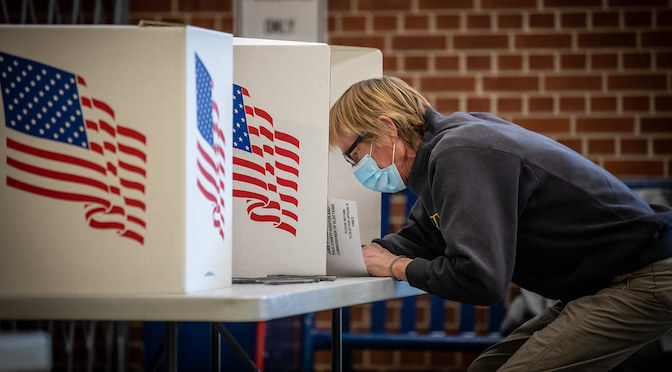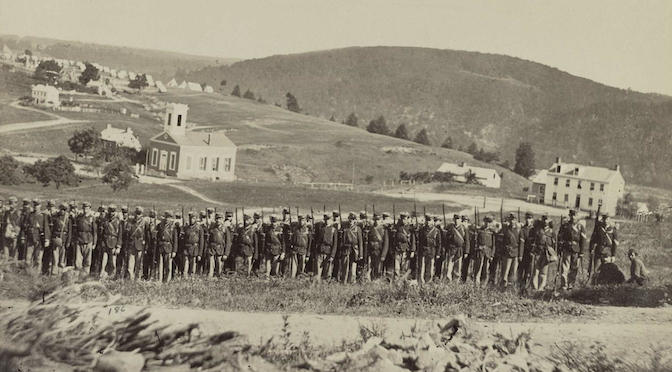In times of crisis, states may grant their executives emergency powers that can be expansive in scope often with few, if any, legislative or statutory safeguards. When elections overlap with emergencies, as happened in 2020 when the US presidential election coincided with the Coronavirus pandemic, state emergency statutes enable officials to modify the administration of… Continue reading On the Precipice: Democracy, Disaster, and the State Emergency Powers That Govern Elections in Crises
Tag: Homeland Security
The First Calling Forth Clause: The Constitution’s Non-Emergency Power to Call Forth the Militia to Execute the Laws
Alden Fletcher analyzes the historical origins and intent behind the Constitution’s “Calling Forth Clause” that has served as a foundation for confiding vast military authority in the president and potentially allowing the use of military force against civilians. While scholars have interpreted the Clause’s original meaning as requiring violent resistance to the laws before military… Continue reading The First Calling Forth Clause: The Constitution’s Non-Emergency Power to Call Forth the Militia to Execute the Laws
Turning US Vetting Capabilities and International Information-Sharing to Counter Foreign White Supremacist Terror Threats
In June 2021, the Biden Administration released the United States’ first ever National Strategy for Countering Domestic Terrorism. While nominally directed at all domestic terror threats, which include anarchist attacks and acts of violence against Asian-Americans regardless of the race of the perpetrator, the Strategy makes clear that the greatest domestic violent extremist (DVE) threat… Continue reading Turning US Vetting Capabilities and International Information-Sharing to Counter Foreign White Supremacist Terror Threats



